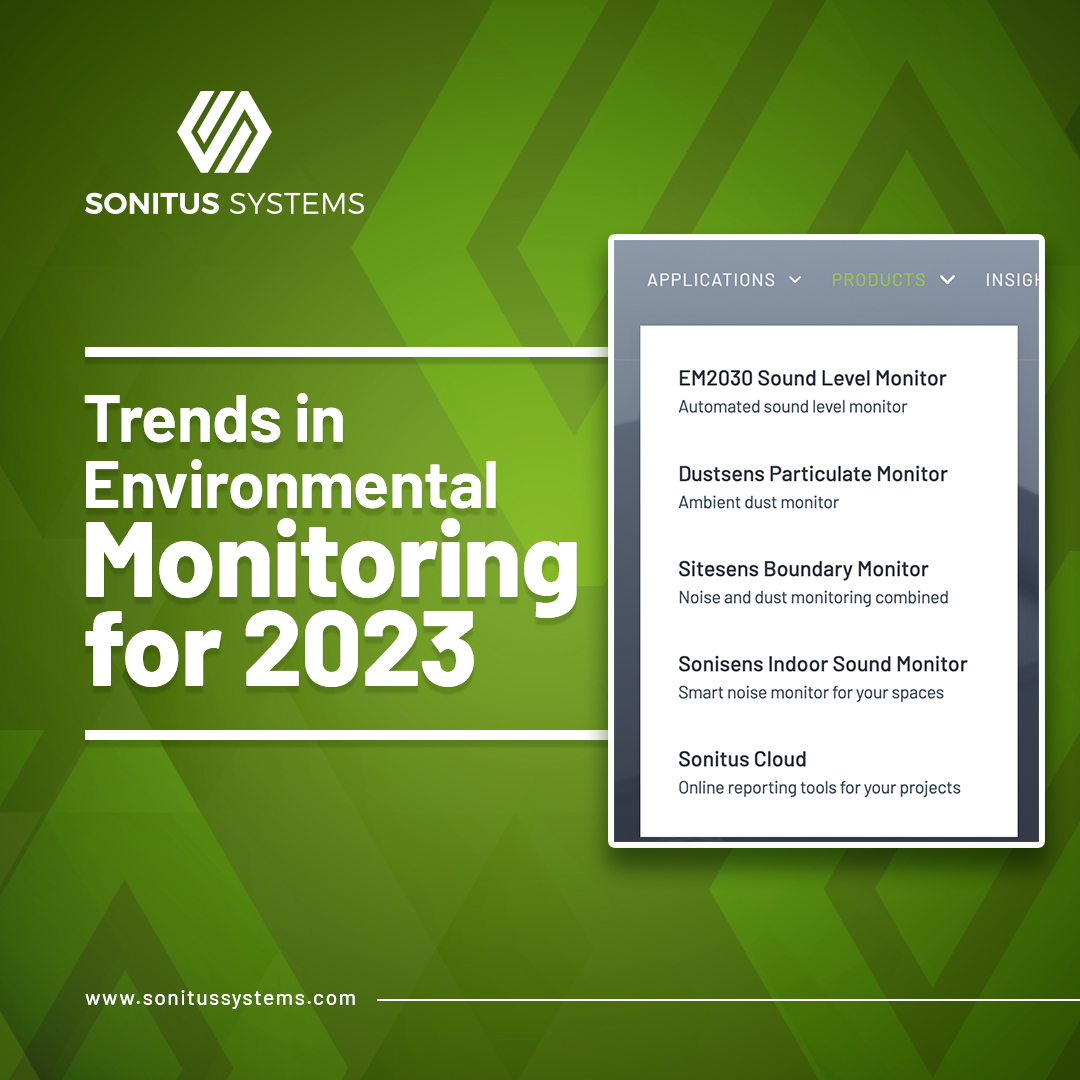Environmental monitoring is the process of collecting and analysing data about the natural environment in order to understand and track changes over time. It is an important tool for understanding the impacts of human activities on the environment, as well as for identifying trends and patterns that can inform decision-making and policy.
Here are a few trends in environmental monitoring that are worth noting:
- Increased use of remote sensing technologies: Remote sensing technologies, such as satellite imagery and drone-mounted sensors, are becoming increasingly popular for environmental monitoring. These technologies allow for the collection of large amounts of data over large areas, and they can provide real-time information about conditions on the ground. You can learn more about how European cities are harnessing the power of remote monitoring to tackle air quality issues, here: https://www.sonitussystems.com/insights/tackling-air-quality-and-noise-pollution-across-european-cities/
- Greater integration of citizen science: Citizen science is the participation of the general public in scientific research, and it is becoming an increasingly important tool for environmental monitoring. By involving members of the public in data collection and analysis, it is possible to gather a wide range of data and insights that can help to inform decision-making and policy. Here’s a great example of how citizens – armed with Apple watches – contributed to an important environmental study: https://www.sonitussystems.com/insights/university-of-michigan-together-with-apple-inc-highlights-human-exposure-to-noise/
- More focus on real-time monitoring: There is a growing demand for real-time monitoring data, as it allows for more timely responses to environmental issues and emergencies. This trend is being driven in part by the increasing use of digital technologies, such as sensors and smartphones, which can provide real-time data about conditions on the ground. The following is a great example of how real-time reporting of environmental issues can improve the lives of communities: https://www.sonitussystems.com/insights/air-pollution-tweets-save-lives/
- Increased use of machine learning: Machine learning is a type of artificial intelligence that allows computers to learn and adapt based on data inputs. It is becoming increasingly popular in environmental monitoring, as it can help to analyse large amounts of data and identify trends and patterns that may not be immediately apparent. Here is a further exploration of the potential of automated listening and machine learning for acoustics and noise management: https://www.sonitussystems.com/insights/automated-listening-machine-learning-and-acoustics/
Overall, these trends highlight the increasing importance of environmental monitoring in understanding and addressing the impacts of human activities on the natural world. By leveraging advances in technology and citizen participation, it is possible to gather more comprehensive and accurate data, and to use this data to inform decision-making and policy.
Sonitus Systems offers both the hardware and software for a range of environmental parameters on a continual basis, with real-time information available through our Sonitus Cloud dashboard. For more details on our indoor and outdoor noise and air quality monitoring products and services, please contact the team at https://www.sonitussystems.com/contact-us
